It is said that the rose is the king of all flowers. It exhibits a distinct kind of beauty that would certainly catch one’s heart and attention. Rose has exquisite and magnificent petals that would surely lure its onlookers to behold and see them in full bloom. It is traditionally considered a symbol of love, beauty, and romance due to its mesmerizing aura and semblance. This is the reason why plant enthusiasts treat these flowers with extreme care by feeding them with the best kind of fertilizers.
So, what are the best rose fertilizers in these modern times? Here is a comprehensive list:
- Miracle-Gro Shake N Feed Rose & Bloom
- Espoma Rose Plant Food
- Dr. Earth Total Advantage Rose & Flower Fertilizer
- Jobe’s Organic Rose Spikes
- BioAdvanced Rose & Flower Care Concentrate
- JR Peters Jack’s Classic Blossom Booster
- Blue Gold Rose Blend
- Down to Earth Organic Rose & Flower Fertilizer
Since we have already got some ideas on what rose fertilizers to buy, let us expand our knowledge with flower care by knowing the correct application of these plant provisions, other effective fertilizer alternatives, and the consequences of overwatering and overfertilizing roses.
What Should I Feed My Roses With?
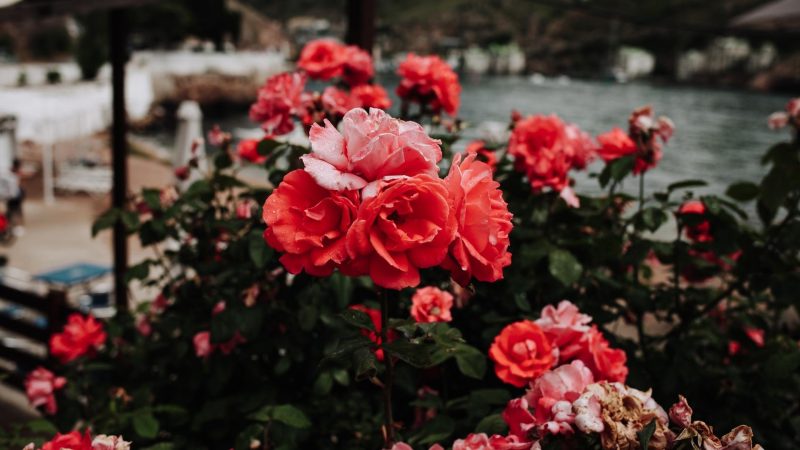
To promote the optimum growth and health of roses, it is important to feed them with the right amount of flower food. This involves the application of plant chemicals and nutrients that will aid in the significant development of stalks, petals, and roots.
Examples of the nutritional ingredients that flowers need include nitrogen, phosphorus, and potassium (NPK).
- Nitrogen – It is essential as it induces the healthy flourishment of leaves which, in return, would lead to the graceful blooming of rose petals.
- Phosphorus – It is necessary to enhance the growth of roots and to increase the production of flowers.
- Potassium – It is equally vital in helping the roses recover from extreme stress brought by plant pests, diseases, and unpredictable weather conditions.
Not only that, but roses also need other indispensable plant nutrients such as boron, copper, iron, magnesium, manganese, calcium, zinc, and sulfur. These plant ingredients must be applied in the correct dosage. An excessive or underwhelming application of fertilizers would cause the fast wilting of leaves, a lesser number of blooms, easy falling of stalks, and stunting of plant growth.
These rose fertilizers are either organic or synthetic in nature.
- Organic sources: Compost tea, manure, alfalfa pellets, and fish emulsion.
- Synthetic products: Made from a mixture of commercial and organic ingredients.
Which NPK Is Best for Roses?
One of the best NPK options for roses is the Organic Liquid Fertilizer for Flowers & Fruits from the brand PetraTools Solutions. It exclusively contains organic ingredients, namely corn, seaweed, and American Fish.
These ingredients play a big role in the nourishment of flowers and fruits, quick growth of beneficial microorganisms, and healthy condition of soils. Thus, it is safe to use around a wide variety of plants and herbs as it does not contain harmful or strong chemicals.
Other than that, it offers results in just seven days as its fast-acting formula can abruptly stimulate its controlled digestion process. This will lead to an easy breaking down of nutrients and their quick absorption to plants.
Choosing the Best Rose Fertilizer
Choosing the best fertilizer is a vital step in taking care of rose plants. In selecting the ideal plant food, it is important to consider the fertilizer with the perfect ratio of nitrogen, phosphorus, and potassium (NPK).
NPK are the main components of every rose fertilizer, so the amount of each of these ingredients must be carefully balanced. This is because the excess or lack of any of these substances will lead to lesser petal blooms, yellow discoloration of leaves, and slow plant growth.
It is also important to decide between organic and non-organic types of fertilizers. Those made from organic ingredients can sufficiently supply the rose plants with the needed nutrients while uplifting the quality of the soil. On the other hand, non-organic fertilizers can also provide the required nutritional value, but there is a lesser effect on the soil quality.
What Is the Best Time to Fertilize Roses?
When a rose is newly planted, it is advisable to use only phosphorus, as it will induce the development of roots. Once the petals start to bloom, you can add other kinds of fertilizer to further strengthen their growth.
On the other hand, the time interval for the fertilization of established roses may depend upon the season.
- From early to mid-spring, it is recommended to apply plant food when the new leaves start to sprout.
- In the late summer to early fall, it is important to stop the application of fertilizers six to eight weeks before the average frost as it will cause damage to the new plant growths.
- For the rest of the seasons, continue to put rose fertilizers every two to four weeks, especially during its growing period.
Best Rose Fertilizers
The following are the best rose fertilizers that you could buy on the market:
1. Miracle-Gro Shake N Feed Rose & Bloom
This rose fertilizer is made up of organic ingredients that can sufficiently feed soil microbes and at the same time, promote and maintain the vibrant colors of the petals. It can be applied to both new and established roses and can provide nutritional value to them for up to three months.
2. Espoma Rose Plant Food
The Espoma rose fertilizer gives a unique and complex mix of organic ingredients that can render 15 kinds of nutrients to growing flower plants. It is highly advisable for organic gardening as it contains thousands of microbes and does not include toxic and harmful chemicals. Moreover, it is environment-friendly and is one of the top choices of rose enthusiasts.
3. Dr. Earth Total Advantage Rose & Flower Fertilizer
The Dr. Earth fertilizer is another type of organic plant food that is made from high-quality human and feed ingredients. It consists of a wide variety of nutrients, including proteins, carbohydrates, trace elements, and humic acids, that can nourish the soil and induce the growth of beautiful flowers. Also, it is safe for the environment, humans, and pets because it does not contain synthetic and toxic ingredients and GMO-filled chicken droppings.
4. Jobe’s Organic Rose Spikes
If you are looking for a product that is acknowledged by both OMRI and USDA for organic gardening, this rose spike from Jobe’s Store is an ideal choice. It gives sufficient nutrients to the plant roots and contains potent microorganisms that can break down the product material in a speedy manner. Not only that, but it also aids in the improvement of soil quality and helps your garden to resist insect pests and plant diseases. Also, each package contains rose spikes that are easy to use and not prone to wastage or run-off.
5. BioAdvanced Rose & Flower Care Concentrate
This rose and flower concentrate from BioAdvanced is used for a wide variety of purposes. It is an excellent plant provision as it cultivates vibrant rose petals and strong roots. This also controls diseases such as powdery mildew, the presence of black spots, southern blight, and rust. Other than that, it also induces death in insect pests like aphids, leafhoppers, and Japanese beetles. This product can treat 32 roses, and each application can give protection for up to six weeks.
6. JR Peters Jack’s Classic Blossom Booster
The JR Peter Jack’s Blossom Booster is a complete micronutrient package that can provide sufficient nutritional value to roots and leaves. It feeds through the roots and leaves of the roses and has a dynamic formula that can prevent plant burning. Each package contains a measuring spoon for a convenient and accurate application.
7. Blue Gold Rose Blend
Blue Gold’s rose food offers a diverse range of beneficial uses. Not only will it stimulate the production and growth of roots and petal blooms, but it can also control and get rid of plant pests. It also has excellent fungicidal properties as it can deter rosettes, black spots, and a blight on roses.
8. Down to Earth Organic Rose & Flower Fertilizer
This product from Down To Earth provides a complete and balanced mix of rose nutrients, specifically nitrogen for healthy growth, phosphorus for the blossoming of flowers, and potassium and trace elements for plant protection and strength. It contains natural and organic ingredients such as rock phosphate, seabird guano, fishbone meal, alfalfa meal, kelp meal, and humates. Also, it is part of OMRI’s list of recommended products for use in organic production.
How Do I Get My Roses to Bloom More?
To allow your roses to bloom more, it is recommended to use natural and organic materials as they are not only effective but economical and safe as well.
Are Banana Peels Good for Roses?
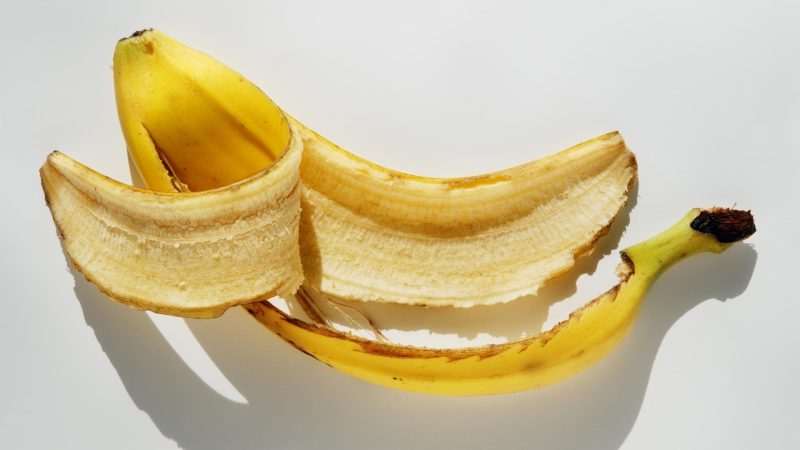
Banana peels are good for roses. It is a rich source of potassium that is necessary for the healthy growth and blossoming of rose petals. This element is an important plant provision as it strengthens the rose’s immune response and provides more vigor in fighting diseases and insect pests.
To use banana peels on new plants, chop the peelings and put them on the bottom of the soil before putting the plant itself. Other banana peelings may be added to the compost mixture and combined with the soil. You can also water it afterward to hasten the breaking down of banana peels.
Are Eggshells Good for Roses?
Due to its high amount of calcium, eggshells are good for roses. These eggshells comprise almost 95% of this element, so they can fully supply the calcium requirements of these flowers. It is one of the most essential nutrients aside from nitrogen and potassium as it plays a big role in sustaining the soil’s chemical balance and neutralizing the plant’s cell acid.
Also, it is important in increasing the metabolic rate of plants and in deterring the presence of insect pests. You can use these eggshells by applying them to the soil base or laying them on top of the soil.
Can You Put Epsom Salt on Roses?
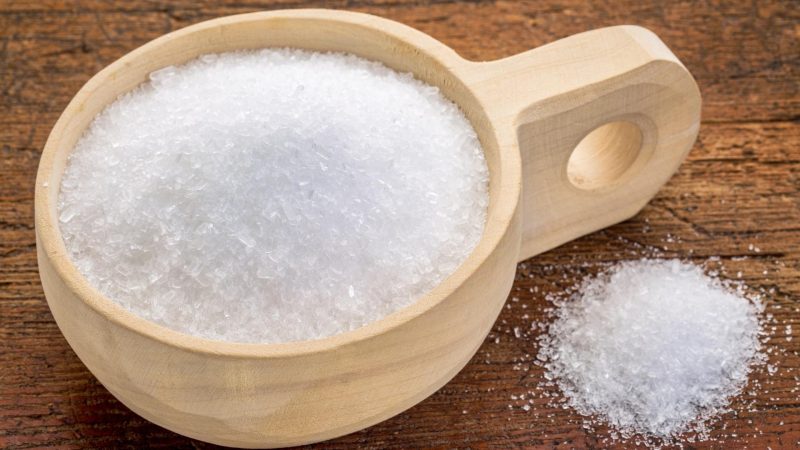
You can put Epsom salt on roses. This substance aids in the production of more roses and canes while making the leaves and plant foliage greener in shade.
You can apply this salt by putting a half cup of it directly on the soil or mixing it with water and pouring it around the rose bushes. But take note that Epsom salts should not be used in direct sunlight or excess since they might cause scorching of the leaf margins.
Is Urine Good for Roses?
Believe it or not, urine is good for roses. These waste substances are filled with nitrogen and urea, a compound that is rich in potassium and phosphorus.
To properly use it, follow an 8:1 ratio. This can be done by pouring a cup of urine into a container with eight cups of water. For a small and medium-sized rose, it is advisable to apply two to four cups of the mixture, while a large rose necessitates six cups of it.
Do Roses Like Coffee Grounds?
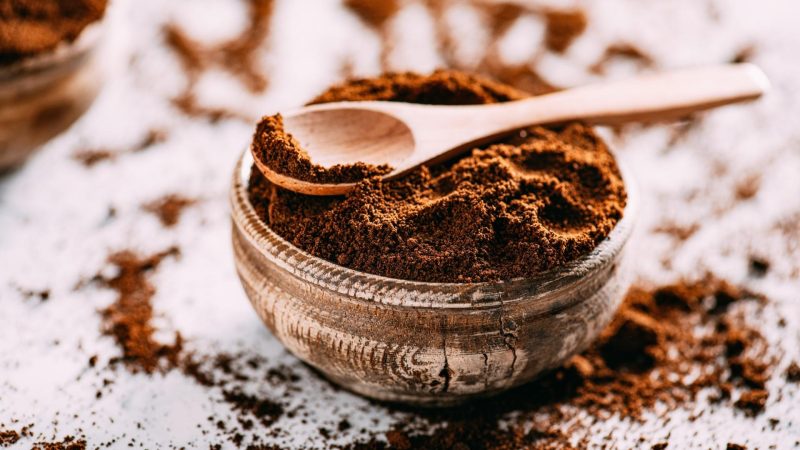
Roses do not only like coffee grounds; they love them. This food ingredient contains a high amount of nitrogen that is vital in developing new rose canes, stems, and leaves and in protecting the plant from various diseases.
Aside from that, coffee grounds also consist of phosphorus, potassium, and copper that can enhance the quality of the soil and supply the roses with the other needed nutrients. To use these coffee components, mix them with water and spray them on the plant itself or add them to a compost heap.
Can I Use All-Purpose Fertilizer on Roses?
All-purpose fertilizers can be applied to rose plants. As long as these plant provisions contain the right amount of NPK (nitrogen, phosphorus, and potassium) and other essential nutrients, they are safe to use on roses. However, this is subject to the condition that they must be applied on the correct dosage and proper time interval. Thus, it is important to read the product labels and directions before utilizing them.
Is Cow Manure Good for Roses?

Cow manure is beneficial for roses as it also contains nitrogen, phosphorus, and potassium. Its nitrogen content is just sufficient, so it would not cause the burning of plants. It is also packed with other essential plant nutrients.
Is Bone Meal Good for Roses?
Bone meal has a high ratio of phosphorus. As an effect, this plant provision can stimulate the production of healthier and bigger flowers. It is also beneficial in balancing the amount of nitrogen and other organic ingredients, so it is generally good for roses. To achieve effective results, test the soil first and make sure that its pH level is not higher than seven.
What Happens if You Over-Fertilize Roses?
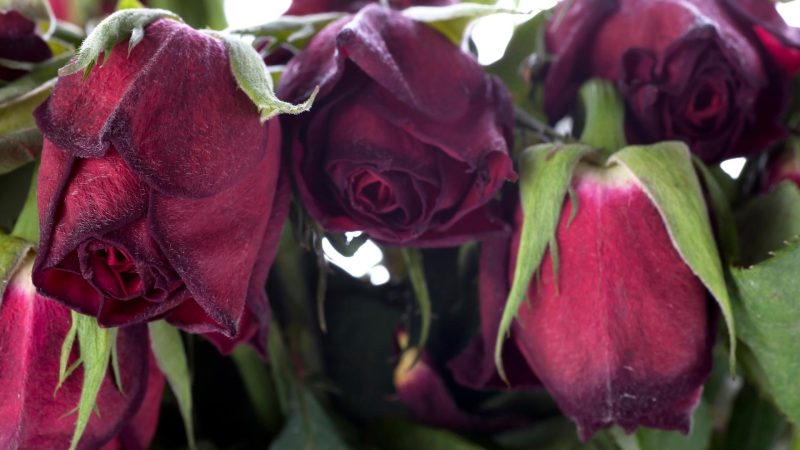
If you overfertilize roses, there is a high chance that these plants will burn. Excessive application of fertilizers can lead to the yellow discoloration of leaves, brown discoloration of leaf margins, wilting of lower leaves, blackening of roots, and stunting of growth. If these burn symptoms are not managed immediately, it may cause the death of the rose plant.
How Often Should Roses Be Fed?
When a rose is in its growing season, regular application of fertilizers is crucial. For older plants that have new growth of at least six inches during the spring season, it is recommended to start feeding them again with fertilizers. This is especially true when the said plant makes its first bloom. To further enhance their growth and flower quality, it is beneficial to continue feeding them with rose fertilizers every two to three weeks until late summer comes.
How Often Should Roses Be Watered?
The frequency of applying water on roses may depend upon the weather. If there is extreme heat, it is advisable to water the rose plants at least two to three times a week. However, if the weather is not so humid, it is okay to water them at least once a week.
Summary
Roses are one of the most lovely flowers that have existed in this world. To take care of these plants, it is important to apply fertilizers and organic nutrients to them. These rose fertilizers may either be organic, synthetic, or a combination of both organic materials and chemical ingredients.